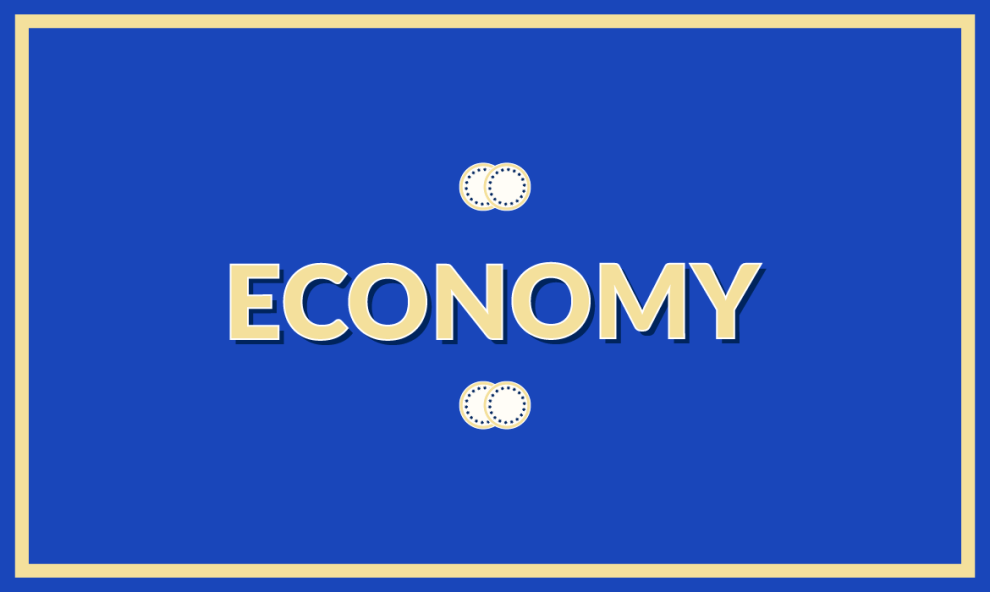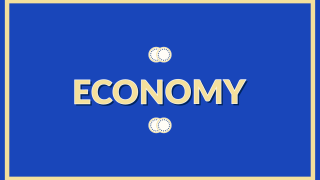Déjà vu, the illusion that results in remembering a previous world. That appears to be the logic of the economic policy: recreate a world that no longer exists and that is no longer possible. But the attempt entails enormous costs and risks, beginning with the illusion that it is possible to separate and differentiate the external from the internal world. Globalization of the productive processes transformed not only the manufacturing of goods but also the political relationships among society’s actors. Unless the government is willing to emulate North Korea or other repressive dictatorships, its margin of action is infinitely smaller that it thinks.
A half century ago, the overwhelming majority of human activity took place within an earmarked territorial space. An entire automobile was manufactured at one plant from raw materials. That productive schema went hand-in-hand with systems of government with responsibility and full sovereignty over their territory. The regulations and mechanisms of supervision and control ignored what went on outside the country: that was of no relevance. In the political arena, governments of that time exercised absolute control and frequently censured information published in newspapers, books or in the electronic media. With regard to the economic, the government established regulations that were generally oriented toward protecting domestic producers and fostering the growth of economic activity through investment in infrastructure. It wasn’t a perfect world but it was without a doubt a government’s and politician’s paradise.
That world folded with the development of so-called globalization that, in essence, consists of the integration of productive processes across borders. Instead of an automobile being manufactured at a sole geographic site, today there are factories of car parts and components, each more specialized than the other. Following the logic of productivity, this permits the quality of the components to rise, creates economies of scale and scope and reduces costs. Specialization has translated into better automobiles that break down less and that last longer. The same is true for electronics, furniture, computers, pharmaceuticals and so on.
The change in the way of producing brought with it an alteration of political relations. With the inveterate crossing of borders that globalization entails, the rules of the game changed. Instead of controlling or regulating investment (e.g., Echeverria’s 1973 law on foreign investment) today investment is desperately sought out. Before power was rooted in the government: today in the company that possesses an infinity of alternatives for localizing its investment. Governments were required to update their regulations and ways of conducting themselves in order to compete for investment, offer it a king’s ransom and trust that the benefits bestowed would translate into jobs, the generation of wealth and better opportunities. From entities solely devoted to control, governments became promotional offices.
That affirmation may seem excessive but, at least conceptually, it is far from being so. Everything that the Mexican government has attempted across the last three decades responds to this logic: how to attract more investment. For that, numberless adjustments have been made in laws and regulations, free trade agreements have been signed, promotional offices for investment have been established (e.g., Proméxico) and the president has dedicated infinite time to courting potential investors. And the ministers and governors, much more.
It is clear that the traditional politicians don’t like this reality, but nothing better illustrates its validity than the recent behest of the PRD president to potential investors in energy that they had better not come near Mexico. What’s impacting in this is that the statement was made in Washington: were the government thought to be in control of the process it never would have occurred to him to speak like that.
The loss of power on the part of the governments with respect to markets, investors, enterprises and cosmopolitan actors is an inescapable reality. That transfer of power is not only to international actors (for example, multinational companies) but to all of the economic actors integrated in the global world. This circumstance renders inexplicable the manner in which the government has tried to differentiate between foreign and domestic investors, not to mention the citizenry in general.
Much before being elected, today’s government had devoted great efforts to cultivating investors and media from Europe and the US, even coming to articulate or promote the expectation of a “Mexican moment”. What’s paradoxical is that that effort (that persists) has gone hand in hand with a conscious strategy to ignore, reject and lash out at Mexican investors and citizens, as if in this era of instantaneous communication those actors would not be communicating among themselves all the while. The pretense that it is possible to differentiate between the internal and the external is a costly (and risk-ridden) illusion.
The connectivity inherent in globalization makes everything relative and that the population will only be satisfied to the degree that it is better off than others in the world. The absolutes disappeared as did the viability of the government that imposes upon them. Today what’s necessary is a government that constructs and exercises positive leadership. Today the government depends on economic actors and citizens, not the reverse. Pretending that it is possible to return to the past is an expensive illusion.






Comments